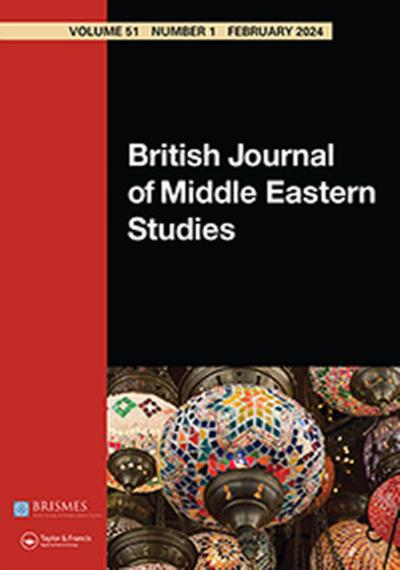Journal Article
| 2007
The Pluralism of Fairness Ideals?
A core question in the contemporary debate on distributive justice is how to understand fairness in situations involving production. Important theories of distributive justice, such as strict egalitarianism, liberal egalitarianism, and libertarianism, provide different answers to this question. This paper presents the results from a dictator game where the distribution phase is preceded by a production phase. Each player's contribution is a result of a freely chosen investment level and an exogenously given rate of return. We estimate simultaneously the prevalence of three principles of distributive justice among the players and the distribution of the weight they attach to fairness.
Read more:
https://doi.org/ 10.1257/aer.97.3.818
https://doi.org/ 10.1257/aer.97.3.818


